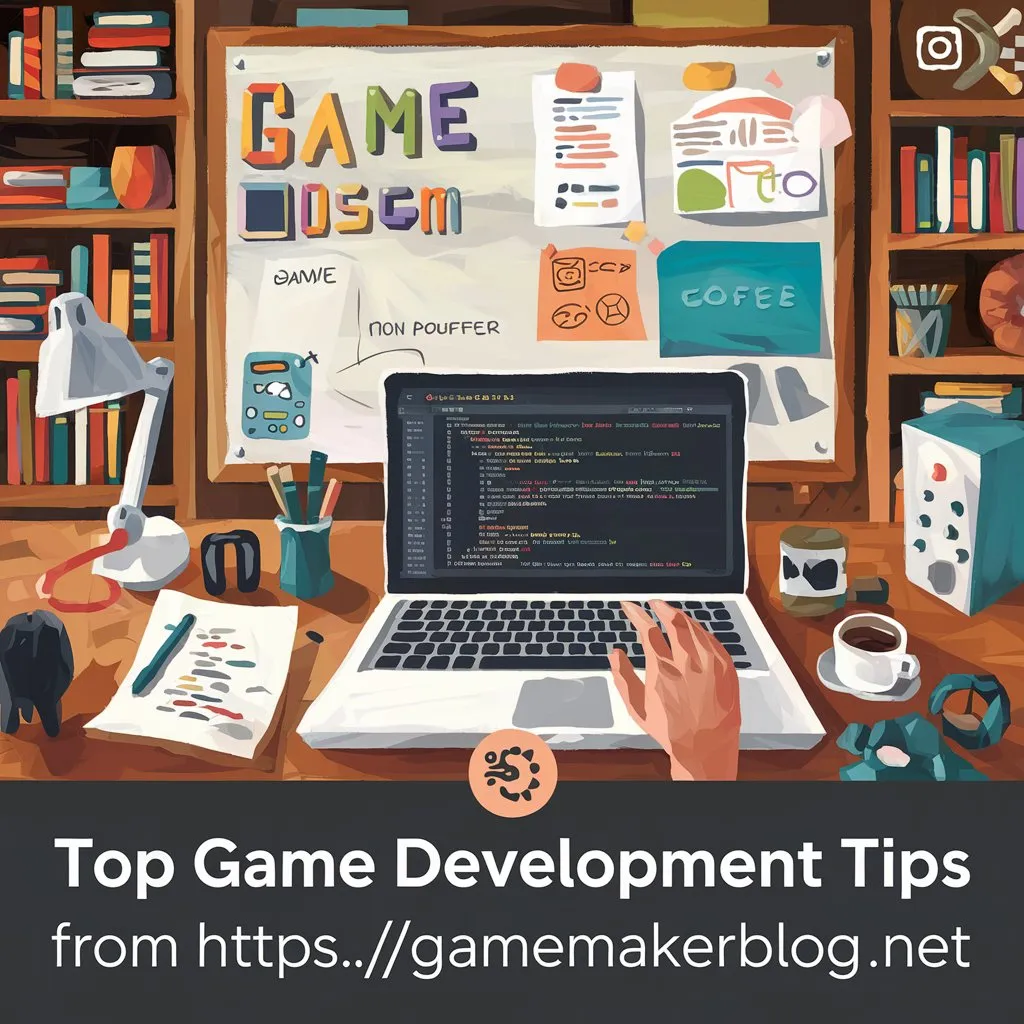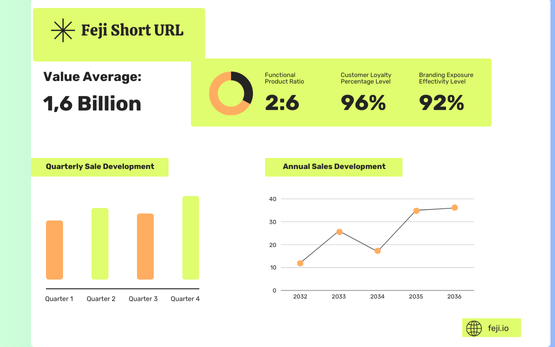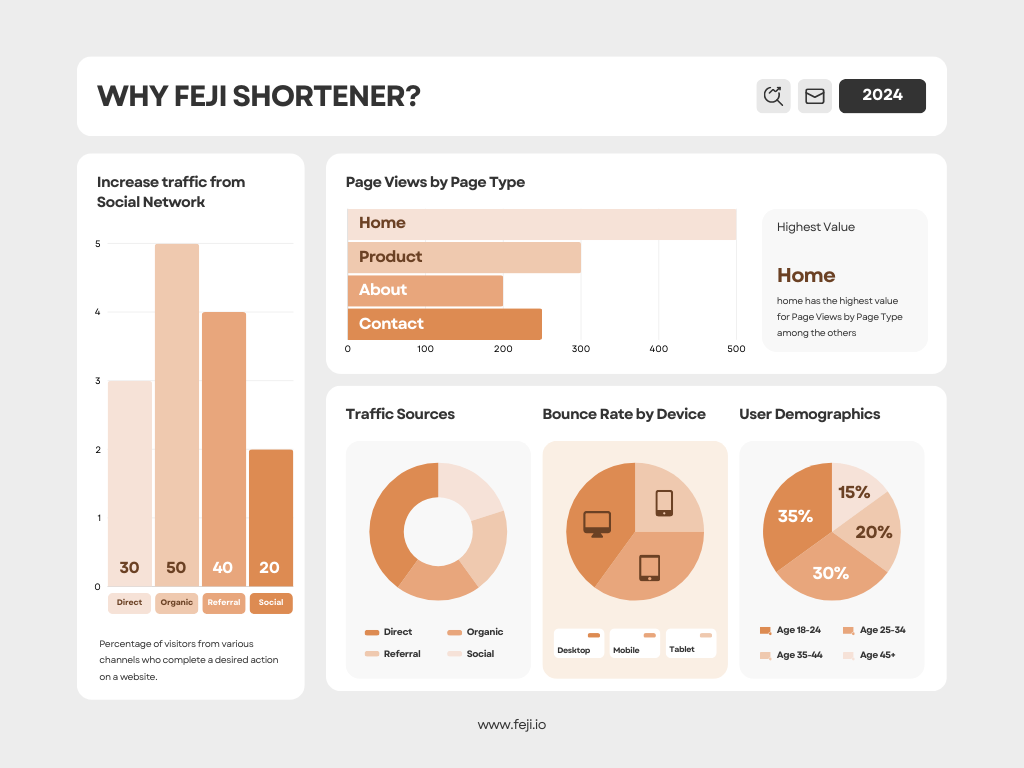Game development can be a rewarding yet challenging journey. Whether you're a beginner or a seasoned developer, understanding the fundamentals can make a world of difference in how your project turns out. In this article, we’ll dive into some essential tips for game developers, based on the rich resources available at https// gamemakerblog.net. By the end of this guide, you'll be armed with practical insights to help you create engaging, fun, and profitable games.
Why Focus on Game Development Tips?
Before jumping into the nuts and bolts, you might be wondering: why focus on these tips? Game development is a multi-faceted process, and even a small tweak can mean the difference between a game that gets played once and one that has players coming back for more. Following these tips will help you streamline your workflow and build games that resonate with your audience.

Understanding Game Mechanics
Start Simple, Then Scale
One of the first rules of game development is to keep it simple in the beginning. Starting with a complex project can lead to burnout and frustration. Instead, focus on developing a core mechanic that works well. Once you’ve got the basics down, you can gradually add features and layers of complexity.
Iterate and Improve
Game development is an iterative process. Test out your game mechanics, see how they work, and be prepared to go back and improve them. Don’t be afraid of making changes, as these iterations can lead to breakthroughs that enhance your game experience.
Designing for the Player
Put Players First
The key to a great game is designing with your player in mind. Consider their needs, their preferences, and how they will interact with your game. User feedback during development is crucial. Make sure that the gameplay is intuitive and that there is a clear progression to keep players engaged.
Balancing Difficulty and Enjoyment
Games that are too easy become boring, while those that are too difficult can frustrate players. Finding the right balance between challenge and enjoyment is essential. Offering adjustable difficulty levels is one way to ensure that a wide range of players can enjoy your game.
User Interface (UI) and User Experience (UX)
A cluttered or confusing UI can ruin a game’s experience. Make sure that your menus, HUD (heads-up display), and other interface elements are clean, responsive, and easy to navigate. Good UX design ensures players can focus on gameplay rather than figuring out how to interact with the game.
Choosing the Right Game Engine
Unity or Unreal Engine?
Choosing the right engine is one of the biggest decisions you'll make. Unity and Unreal Engine are two of the most popular choices. Unity is known for its versatility and ease of use, making it ideal for 2D and mobile games. Unreal, on the other hand, offers high-end graphics and powerful tools for creating immersive 3D experiences.
GameMaker Studio for Beginners
If you’re just getting started, GameMaker Studio is an excellent option. It’s beginner-friendly, and its drag-and-drop interface allows for easy development without needing extensive coding knowledge. As you gain experience, you can begin exploring more complex engines.
Mastering the Art of Game Art
Creating Stunning Visuals
Good visuals are a crucial part of a game's appeal. Whether you're aiming for pixel art or high-definition graphics, ensure your art style aligns with the mood and tone of your game. Use color schemes and visual motifs that enhance the player's emotional engagement.
Using 2D vs. 3D Art Styles
The choice between 2D and 3D art depends largely on your game’s genre and the player experience you want to create. 2D art tends to be simpler and more accessible, making it ideal for indie developers. 3D art, while more complex, offers depth and realism that can greatly enhance immersion.
Scripting and Coding Tips
Understanding Game Physics
Physics plays an essential role in many games. Whether it’s jumping, throwing, or collision detection, make sure your game’s physics are believable. Take the time to learn how physics engines work in your chosen platform, as this can significantly enhance gameplay realism.
Optimizing Code for Performance
A game that runs slowly or crashes frequently will drive players away. Keep an eye on memory usage, optimize your assets, and write clean, efficient code to ensure smooth performance. Debugging tools are your best friends here, so use them often.

Sound and Music Integration
Importance of Audio in Games
Sound is often an overlooked aspect of game development, but it’s a critical one. Good sound design can elevate your game from good to great, providing an immersive experience for players. From background music to sound effects, audio adds depth and emotion to your gameplay.
Choosing the Right Sound Effects
Be sure to select sound effects that match the action on screen. A misaligned sound can ruin immersion. If you're not an audio expert, there are many free and paid sound libraries available to help you find the perfect effects for your game.
Testing and Feedback
Bug Fixing and Updates
No game is perfect right out of the gate. Bugs and glitches are inevitable. Continuous testing is key, and being responsive to issues that arise post-launch can help you retain players. Always plan for post-launch support and regular updates to keep your game fresh and bug-free.
Community Feedback for Improvement
Your community can be one of your best assets. Listen to their feedback, and be open to implementing changes based on their suggestions. Engaging with your audience not only helps you improve your game but also builds a loyal fanbase.
Monetization Strategies
- In-Game Purchases: If you're looking to make money from your game, in-game purchases are a popular strategy. Offering players cosmetic upgrades, additional levels, or power-ups can be a great way to generate revenue without disrupting the core gameplay.
- Ad-Based Revenue: Another option is ad-based monetization. By integrating ads, you can generate income based on impressions or clicks. Just be mindful of placement; too many ads or poorly placed ads can ruin the player experience.
Game development is an exciting and ever-evolving field. Whether you’re creating a simple mobile game or a complex PC title, the tips above will help you on your journey. By focusing on your players, optimizing performance, and continuously improving through iteration and feedback, you’ll be well on your way to creating a game that stands out. Explore more detailed insights at https://gamemakerblog.net and take your game development to the next level.
FAQs
1. How can I get started with game development?
Start by selecting a beginner-friendly engine like GameMaker Studio or Unity. Then, focus on developing a simple game with basic mechanics before expanding.
2. What are the most common mistakes in game development?
Overcomplicating the project from the start, neglecting user feedback, and not optimizing the game for performance are common pitfalls.
3. How do I choose between 2D and 3D art styles?
The choice depends on your game’s genre and resources. 2D is often simpler and more cost-effective, while 3D provides a richer experience for certain types of games.
4. How important is sound design in a game?
Sound design is crucial for immersion. Good sound effects and background music can greatly enhance the player’s experience.
5. How can I monetize my game without annoying players?
You can monetize through in-game purchases or ad-based revenue, but balance is key. Ensure that monetization doesn’t disrupt the core gameplay.

 Vietnamese
Vietnamese









Nguyen Hoai Thanh
Nguyen Hoai Thanh is the Founder and CEO of Metaconex. With 12 years of experience in developing websites, applications and digital media, Nguyen Hoai Thanh has many stories and experiences of success to share.